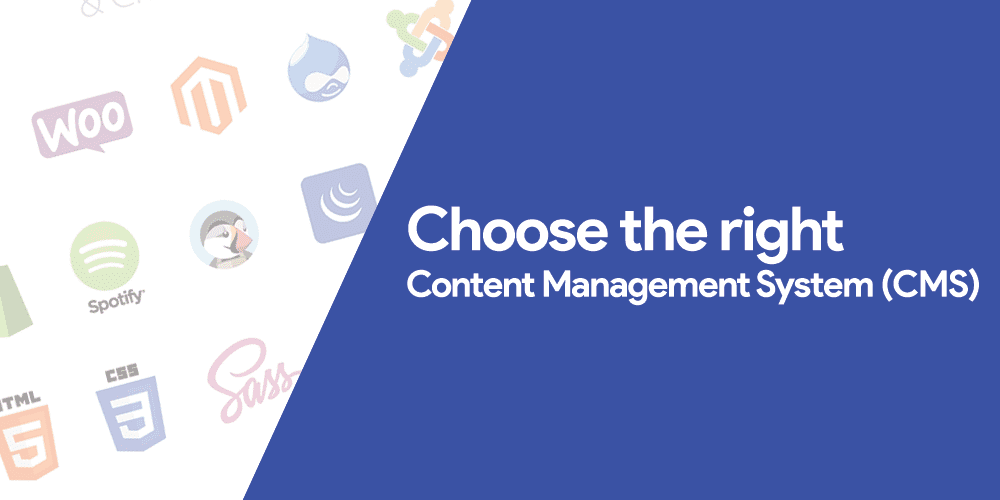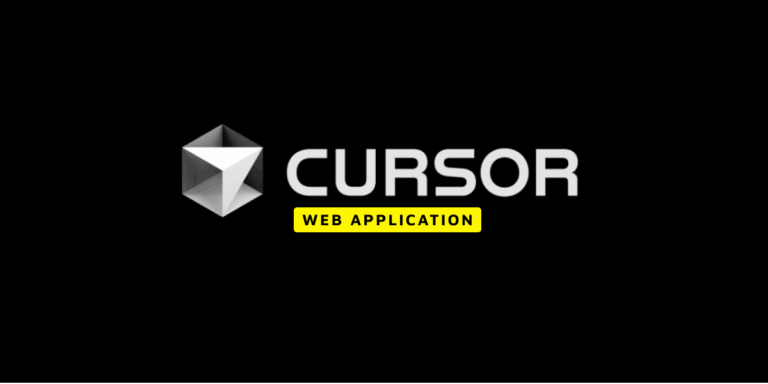Building a website? Great! But here’s where things get tricky: picking the right Content Management System (CMS) for the job. A CMS isn’t just software—it’s the backbone of your site. Get it right, and managing your content becomes a breeze. Get it wrong, and, well… good luck with the headaches.
With so many CMS platforms out there—each promising to be the best—it’s easy to feel overwhelmed. Don’t worry, though. Let’s break it down step by step and clear up all your doubts.
First Things First: What Is a CMS, Anyway?
A CMS is basically the tool you use to build, manage, and update your website. Think of it like a digital toolkit that helps you:
- Create new pages and posts.
- Organize content like blogs, images, or videos.
- Keep everything updated without touching a single line of code (well, most of the time).
Why Should I Use a CMS?
If you’ve never used a CMS before, you might wonder why it’s so important. Can’t you just code everything manually or use a simple website builder? Sure, you could—but here’s why a CMS is often the smarter choice:
1. Easy Content Management
A CMS lets you create, update, and organize content effortlessly—even if you don’t know how to code. From writing blog posts to adding new pages, it’s all point-and-click.
2. Saves Time and Resources
Building and maintaining a website manually takes a lot of time, especially for updates. A CMS automates much of this, letting your team focus on more important tasks.
3. Collaboration Made Simple
With a CMS, multiple team members can work on the same site at the same time. Features like user roles and permissions ensure everyone has access to just what they need.
4. Keeps Your Site Updated
Modern CMS platforms are constantly updated with new features, security patches, and compatibility improvements. This ensures your site stays fresh and secure.
5. Built-In SEO Tools
Most CMS platforms come with tools to optimize your site for search engines, helping you rank higher and drive more traffic.
6. Scalable for Growth
Whether you’re a small business or planning to grow big, a CMS can scale with your needs. Add new features, handle more traffic, and expand your content—all without starting from scratch.
7. Integrations Galore
From social media to email marketing and analytics, CMS platforms often support plugins or integrations that make connecting your site with other tools a breeze.
8. Cost-Effective in the Long Run
While there’s an upfront cost, using a CMS reduces the long-term expenses of hiring developers for every little change or update.
In short, a CMS empowers you to focus on your content and goals, not the technicalities of managing a website.
SaaS vs. On-Premise vs. Cloud-Hosted CMS: What’s the Difference?
Before diving into specific features, you need to decide what type of CMS you need. Here’s a comparison to help you understand the differences:
| Type | How It Works | Examples | Pros | Cons |
|---|---|---|---|---|
| SaaS CMS | No installation or maintenance. You pay a monthly fee, and the provider handles technical stuff. | Core DNA, Wix, CrownPeak | Hassle-free, always up-to-date, no technical expertise needed. | Limited control and customization. |
| On-Premise CMS | Install on your own server or hosting provider. Full control over the system. | WordPress, Drupal | Complete control over customization and data. | Requires maintenance, updates, and hosting. |
| Cloud-Hosted CMS | Purchase software, but host it on third-party servers. | WP Engine, Hostway | Scalable, reliable, and less technical work compared to on-premise solutions. | Costs can grow with site size and traffic. |
Features to Look for in a CMS
Not all CMS platforms are created equal. Before making a choice, consider what features your business needs—both now and in the future.
1. Ease of Use
Can your team create, edit, and publish content without needing technical skills?
2. Design Flexibility
Does the CMS allow for custom designs, or are you limited to predefined templates?
3. Mobile Responsiveness
Your site must look good on mobile—this is non-negotiable.
4. SEO Tools
Built-in SEO features are essential to get your site ranked on search engines.
5. Third-Party Integrations
Check for plugins or integrations for email marketing, analytics, and social media sharing.
6. Security
Ensure the CMS can protect your content and user data from threats.
7. Scalability
The platform should grow with your business and handle increasing traffic without issues.
8. Workflow Management
Does it simplify publishing workflows and approvals for teams?
9. Customization
Look for the ability to tweak the platform as your needs change.
10. Analytics
Built-in analytics tools are a big plus for tracking performance and making improvements.
Common Mistakes to Avoid When Choosing a CMS
Not every CMS is going to work for you, no matter how good it looks on paper. Here are some common traps to watch out for:
Going for the Cheapest Option
Saving money upfront can cost you in frustration and limitations down the line.
Ignoring Scalability
Your website will (hopefully) grow. Make sure your CMS can handle it.
Overlooking Maintenance Needs
Who’s going to manage updates, backups, and security? You or the CMS provider?
Skipping Stakeholder Input
Don’t make the decision alone. Talk to your marketing, IT, and sales teams to understand their needs.
Final Thoughts: How to Make the Right Choice
Choosing the right CMS is about more than just features—it’s about finding the right fit for your business. Think about:
- Your current needs (content creation, updates).
- Your team’s skill level (do you need something beginner-friendly?).
- Your long-term goals (can the CMS grow with you?).
There’s no one-size-fits-all answer, but by asking the right questions and thinking strategically, you’ll land on the CMS that’s just right for your business.
Still unsure? Need help figuring it all out? Request a quote today, and we’ll guide you through the process to find the perfect CMS for your needs.




